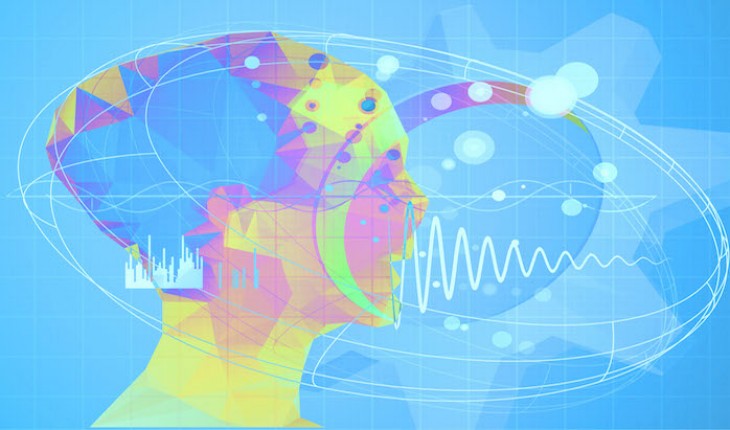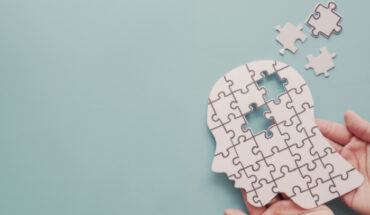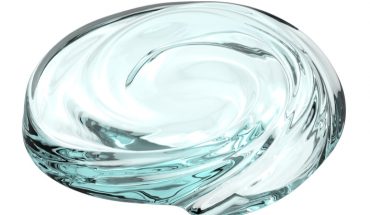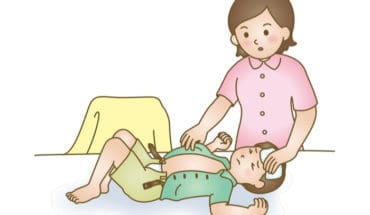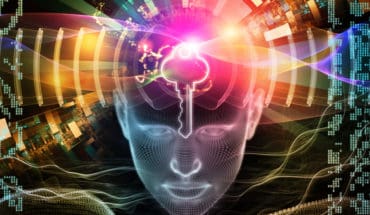We know that autism is brain related and researchers know the importance of access to post mortem brains.
My charitable Shirley Foundation founded the medical research charity, Autistica which funded the Brain Bank for Autism. I’m proud that my son’s brain is in it and he can help medicine by providing detail that you just can’t get from MRI. His precious brain tissue can also contribute to BrainNet and similar international collaborations. It means a lot to me that his brain is helping others now that it is no longer of use to him.
Control tissue from people not affected by autism is needed for comparison so my brain is scheduled to also go there on my death. Of course, it’s not easy to face one’s mortality. My tissue donation is the very last gift I shall make.
An autism brain bank is being planned in Canada, but only the UK, Netherlands and USA have brain tissue from people with autism. Worldwide there are only about a hundred autism brains and it’s a real challenge to get more (the UK gets only one or two brains each year). If only the law were changed so that all body parts could be harvested post mortem, subject to individual opt-out.
Psychological, cultural and practical factors affect both donation and tissue collection. From potential donors and their families, yes, but professional resistance has also proved to be a major issue. No-one had anticipated how strong and widespread this negative response would be.
Some societies believe that the body must be whole and complete in order to move to whatever is considered its next phase. Most civilisations have a strong respect for the human body, whether alive or dead and practices refer similarly to organ donation as to post mortem material. Conventional British culture accepts burial and cremation but is squeamish about cutting into human bodies, perhaps especially the head.
Brains have to be removed and collected within two days of death. I saw my autistic son in his coffin after his brain had been removed. He was wearing some sort of bonnet and looked perfectly OK. A gruelling two-hour interview (to capture his social and medical history) included being asked for instructions on the fate of any tissue deemed to be no longer of use. We gave consent to lawful disposal via hospital incineration. It was all very tactfully handled.
Such discussions taking place immediately after death, when families are still in shock, can be distressing. It can be helpful to speak of the deceased contributing to research and so, in a sense, living on. People making the pitch for brain banking have to have warmth and compassion as well as science.
I understand why people have reservations: the brain being the very basis of personality, the seat of consciousness… the emotions crackling through its neurons and synapses prompt theories of mind and of the soul. But I feel that my son’s brain being used for research gives dignity and meaning to his troubled life. It’s not just an empty loss.
Most families with experience of autism are very positive about supporting brain research, once they are informed and can appreciate how future generations will benefit. The families of existing brain donors are equally positive about their experience of contributing to the research; nor do they come to regret their decision. Crucially, those people with autism who have been able, prior to their death, to make an informed decision to donate their brain, have also been keenly motivated to do so.
Families may want to know about governance and seek reassurance that post mortem tissue is treated properly – as carefully and respectfully as a living subject. The Medical Research Council initiated the UK Network of Brain Banks and provides reassurance. Its Steering Committee has expertise in ethics and the law, as well as brain banking. As scientists everywhere are learning to do, there’s also non-professional representation.
To conclude:
Donation is not always possible – there may be medical, technical or even ethical reasons why it is inappropriate in an individual case; the decision to donate a brain is essentially personal and must never be taken under pressure. But there is a strong need for us all to give it consideration.
The Brain Bank for Autism’s Helpline number is: 0800 089 0707
- Autism: Puberty and sexuality - 4th September 2020
- Update on Autistica - 7th May 2019
- Autistica’s Discover Network - 7th December 2018
